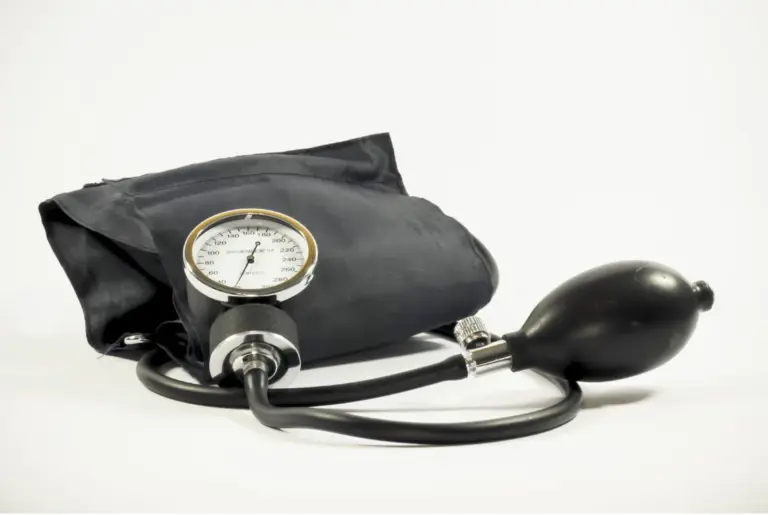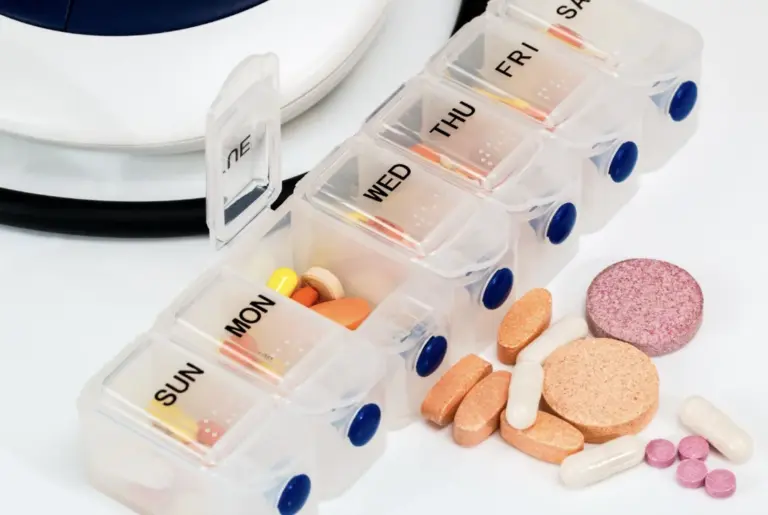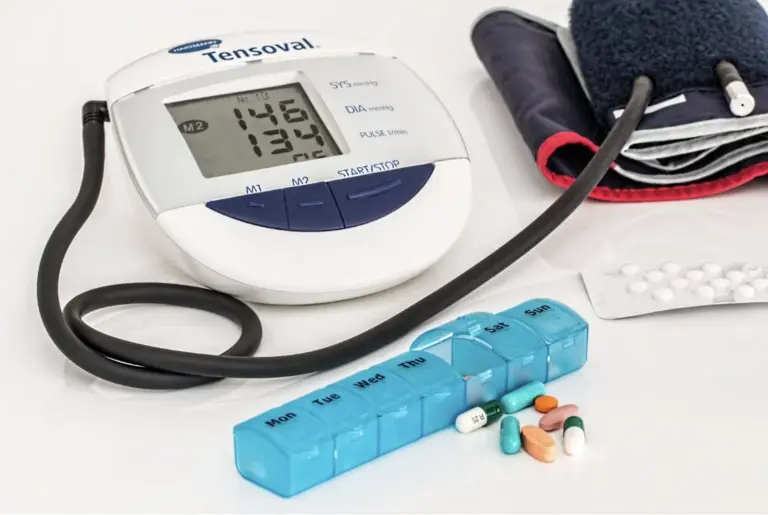Until a few years ago, hypertension was primarily associated with older adults. However, this is not the case today. Hypertension and the risk of hypertension are not limited to older adults as more and more young adults are being affected by the condition. Anyone above the age of 18 years can develop hypertension. Many lifestyle factors are putting young adults at risk of hypertension. Let’s dive a little deeper into these factors and habits.
8 Habits Putting Young Adults at Risk of Hypertension
The exact cause of hypertension is unknown. It is multifactorial and can produce various hypertension symptoms. Here are eight habits that are increasing the incidence of hypertension in young adults:
1. Being Overweight or Obese

Being overweight or obese increases the chances of developing lifestyle conditions like hypertension. The more you weigh, the more blood is needed to supply oxygen to all your tissues. Also, the amount of effort put in by your heart muscles increases the forces applied on the walls of the blood vessels, resulting in increased blood pressure. In addition, many young adults today spend their days indoors with little or no physical activity, leading to a rise in obesity and hypertension in young adults.
2. A High Sodium Diet

Sodium is known to raise blood pressure levels. Young adults today tend to binge on processed foods and junk foods loaded with preservatives, including sodium. Consuming high sodium foods lead to water retention in the body, which automatically increases blood pressure levels. This is how a high sodium diet is causing hypertension in young adults. At the same time, eating a diet deficient in potassium can also increase your risk of hypertension.
3. Tobacco Use

Tobacco use is quite prevalent among young adults. Smoking and tobacco chewing are bad for health as they narrow the walls of the arteries, leading to a subsequent rise in blood pressure. In addition, tobacco use can increase cardiovascular diseases and cancer.
4. Alcoholism

Drinking occasionally is quite common today. While drinking a day is not risky for your health, consuming excessive alcohol can damage your heart and blood vessels. Many young adults who spend their time and money on alcohol tend to develop high blood pressure in due course of time. If you wish to prevent hypertension, remember to always drink in moderation.
5. Lack of Exercise

American Heart Association recommends that all adults get a minimum of 30 minutes of exercise a day or 150 minutes per week. This keeps your heart healthy and all your parameters like blood pressure, cholesterol, blood sugar levels, etc., within the normal range. People who do not exercise regularly or live inactive lifestyles have higher heart rates and hypertension.
6. Sedentary Lifestyle

With the current work culture across the world, most of the workforce has comfortable desk jobs that require minimal movement. Also, most people are bogged down by work pressures and deadlines that have them glued to their laptop or computer screens all day long, leaving little or no time to move their bodies or stretch them. This sedentary lifestyle increases one’s risk of hypertension by as much as 30%. In addition, sedentary lifestyles lead to an increase in weight, BMI, lack of physical activity, unhealthy eating habits– all of which are risk factors for hypertension.
7. Stress

One of the common causes of hypertension is chronic stress. We all undergo stress at some point in our lives– emotional, psychological, mental, and physical. Stress can result in a temporary rise in blood pressure. When accompanied by other stress-related habits like binge eating lack of exercise, smoking can further raise blood pressure levels.
8. Sleep Apnea

Sleep apnea is a condition characterized by a blockage in your airway during sleep that causes disrupted breathing and reduced oxygen levels in the blood. Sleep apnea has also been linked to hypertension cardiac conditions like heart failure. The exact mechanism of how sleep apnea causes hypertension is unclear. However, what is known is in people with sleep apnea, your body stops breathing periodically. During these moments, the body releases stress hormones that cause a rise in blood pressure. When an individual has obstructive sleep apnea, these stress hormones also increase the risk of stroke and heart disease.
Conclusion
Hypertension is one of the most common lifestyle diseases in the world today. Most risk factors mentioned above are interlinked, making hypertension a multifactorial lifestyle condition. Complications and side effects of hypertension can be prevented by making small changes to our lifestyle and everyday routines. Found this article on hypertension informative? Read more such interesting pieces on hypertension in young adults at our blog at BPinControl.
Disclaimer
The information contained in this article is to educate, spread awareness in relation to hypertension and other diseases to the public at large. The contents of this article are created and developed by BPinControl.in through its authors, which has necessary, authorisations, license, approvals, permits etc to allow usage of this articles on The Website. The views and opinions expressed in this article are views, opinions of the respective authors and are independently endorsed by doctors. Although great care has been taken in compiling and checking the information in this article, The Website shall not be responsible, or in any way liable for any errors, omissions or inaccuracies in this article whether arising from negligence or otherwise, or for any consequences arising therefrom. The content of this article is not a substitute for any medical advice. The Website shall not be held responsible or liable for any consequence arising out of reliance on the information provided in the article.




